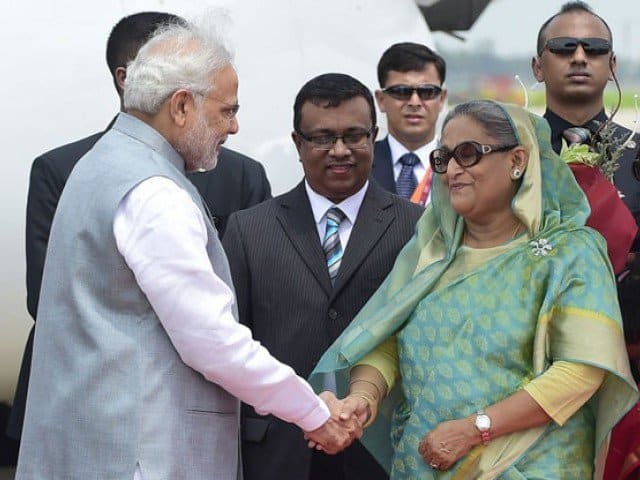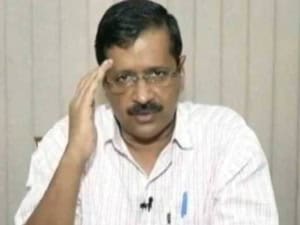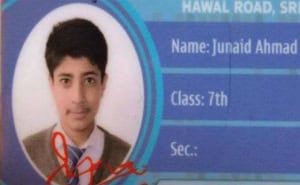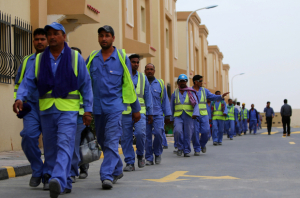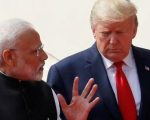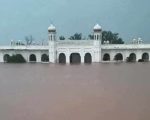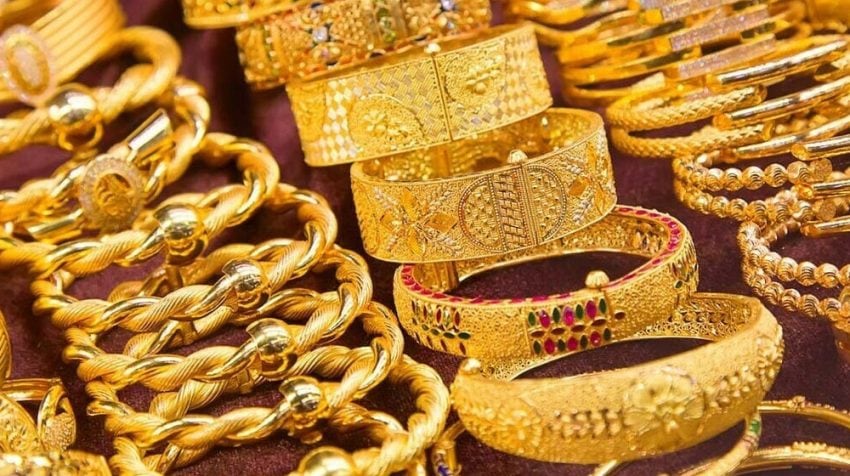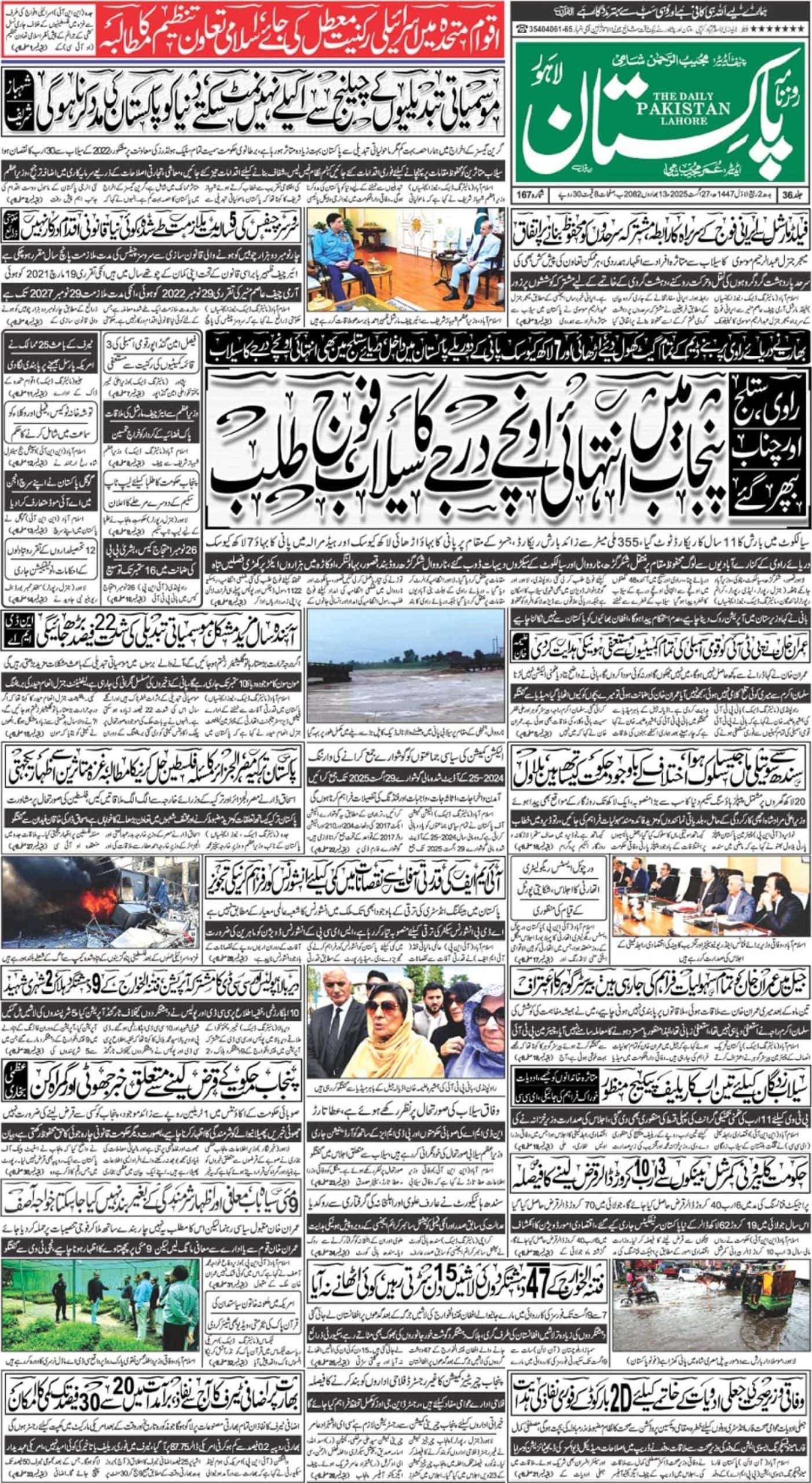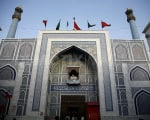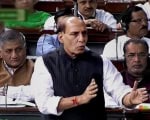DHAKA (Web Desk) – Bangladesh and India are going to sign a historic agreement to simplify their border by exchanging more than 150 enclaves of land.
Indian Prime Minister Narendra Modi started a two-day visit to neighbouring Bangladesh on Saturday, during which he and his Bangladeshi counterpart Sheikh Hasina will conclude a landmark land swap agreement to settle a long-running border dispute.
India’s Parliament has recently ratified the deal that was reached in 1974. It calls for the transfer of 111 border enclaves to Bangladesh in exchange for 51 that will become part of India. More than 50,000 residents will get citizenship after the agreement is implemented.
Relations between India and Bangladesh have significantly improved after Prime Minister Sheikh Hasina promised her administration would not allow insurgents to use the porous 4,000-km (2,500 miles) border to carry out raids into India.
Bangladesh was separated from Pakistan following a bloody nine-month war with India in 1971.
Bangladesh Foreign Minister Abul Hassan Mahmood Ali described the agreement as “a historic milestone in the relationship between the two neighbouring countries”, the BBC reported.
Foreign Ministry officials in India have described Prime Minister Narendra Modi’s visit to Bangladesh as one of his most significant since taking office a year ago. That’s because of the historic Land Border Agreement that is to be signed between the two countries.
More than 50,000 people currently live in tiny enclaves – citizens of one country but located in the other. Under the agreement, both sides will swap the enclaves enabling their citizens to finally reside in their own countries.
It’s a dispute that dates back to colonial times and has been a contentious issue since. Relations between Bangladesh and India have improved under the government of Sheikh Hasina, and Mr Modi has also made it a priority for his foreign policy.
A number of other agreements covering trade, security and connectivity are also expected to be signed, as well a framework for combating human trafficking, counterfeit currency and cooperation for the sea-based “blue economy.”
Officials said India could offer a $2 billion line of credit to Bangladesh for infrastructure development inside the country.
Ali said Bangladesh was focusing on better connectivity with India by introducing new bus service with Indian states. India faces difficulties reaching its isolated and impoverished northeastern region, and any passage through Bangladesh could cut hundreds of kilometers (miles) to get to those areas.
Ali said the energy-starved Bangladesh was also looking forward to bringing 600 megawatts of electricity from India, in addition to 500 megawatts it currently imports.
